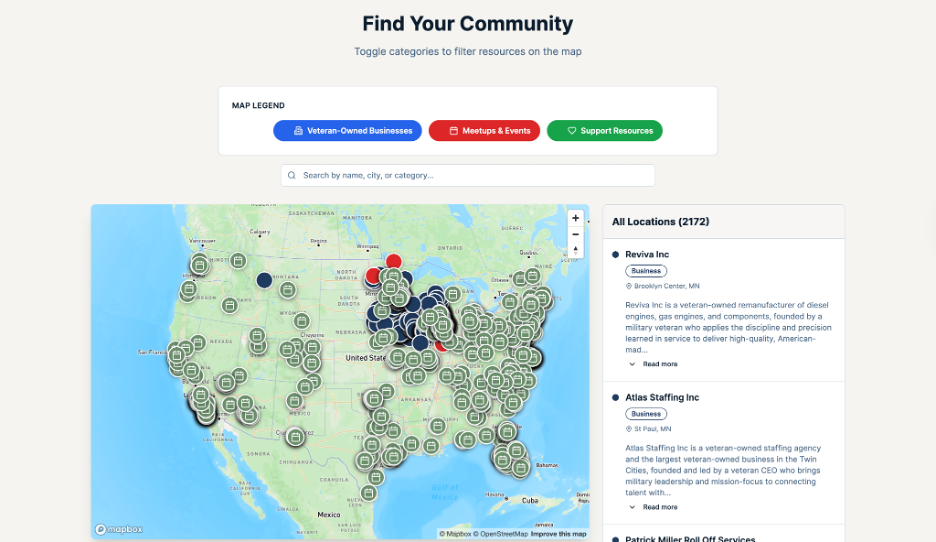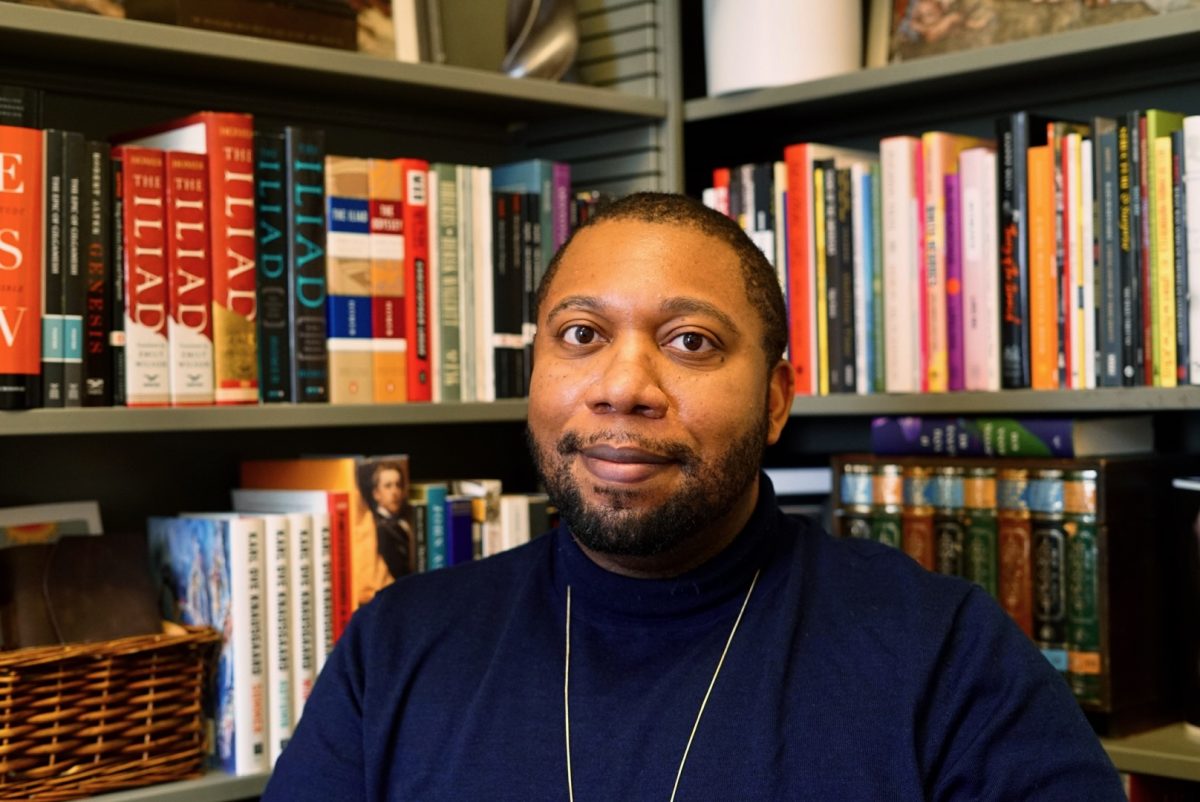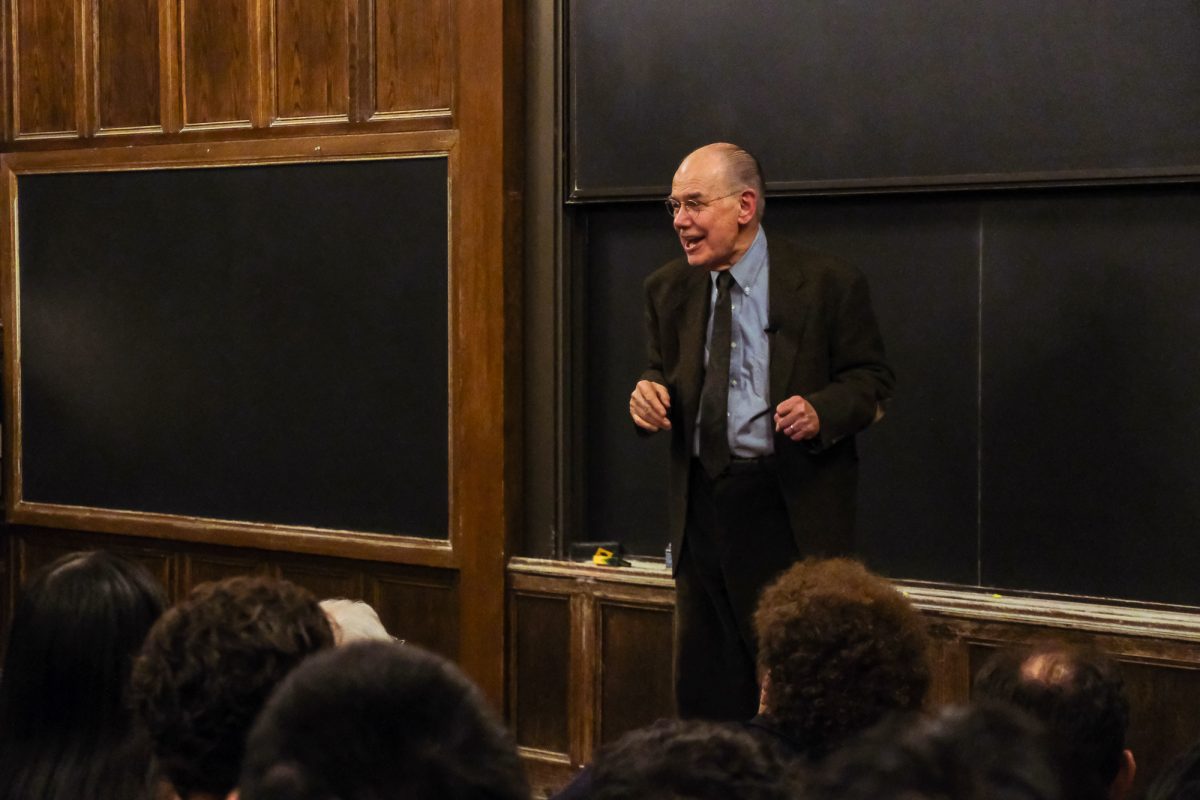U of C graduate students launched a nationwide petition yesterday to pressure the National Labor Relations Board (NLRB) on a case that may have broad implications for teacher’s assistants and other student employees here, ostensibly bypassing the administration in their push for union recognition.
The petition urges the NLRB, a panel of five presidential appointees that hears complaints of unfair working conditions, to decide on the case of NYU graduate students whose bid for unionization has been at the heart of a contentious debate for several years over the status of partially employed students at private universities.
Graduate Students United (GSU), the organization circulating the petition, considers the NYU bid to be a barometer of students’ labor rights at the U of C. In 2002 NYU became the first private university in America to allow its TAs and research aides to unionize, but that decision was overturned in 2004 in a similar case involving students at Brown University. The status of graduate student unions has been uncertain since then.
“The biggest factor going into this decision has been the NLRB’s inaction so far,” said Madeline Elfenbein, a GSU member and third-year Near Eastern Languages and Civilizations graduate student.
While the NYU students are not seeking their own union—they want to be represented by United Auto Workers—the GSU anticipates that a favorable NLRB ruling will strengthen its own case for full union recognition from the University and strengthened powers of collective bargaining.
In deferring to the authority of a federal agency, the GSU is taking matters into its own hands, according to GSU member and third-year anthropology student Hannah Chazin (A.B. ’08).
“The way it stands right now, either the University recognizes us—which it hasn’t done—or we get a favorable decision from the NLRB which would force the University to recognize us,” Chazin said. “If tomorrow the University decided to recognize us, that would be great, and that could happen with or without the NLRB recommendation, but I think that’s exceedingly unlikely.”
Timing was important in GSU’s decision to circulate the petition. NLRB member Craig Becker’s term is set to expire in January 2012, and the board will not be able to rule on the NYU case until a replacement is appointed and confirmed in the Senate—a process GSU fears will become mired down in politics.
This is not the first time GSU has spoken out against the way in which the University decides graduate student affairs, particularly regarding financial matters like tuition, stipends, and employee compensation.
Most recently, GSU lobbied the Provost’s office to abolish or lower Advanced Residence (AR) tuition fees, which kick in after four years if a graduate student hasn’t completed a degree. Quarterly AR tuition ranges from $4,224 in the Biological Sciences Division to $5,884 in the Humanities Division, though the fees are often mitigated to roughly $800.
A committee of faculty and students convened by Provost Thomas Rosenbaum published a 17-page report in May 2009 recommending several ways to improve graduate students’ quality of life, including the elimination of AR tuition and the expansion of the Graduate Aid Initiative, which provides additional financial support to graduate students past their fourth year.
Rosenbaum posted an eight-page memo on the findings in February 2010, and the University initiated a two-year freeze in AR tuition hikes last year through the 2011–2012 school year. In a written response to Rosenbaum’s memo, GSU called the freeze “meager.”
“As we have seen, it’s very easy for [the University] to throw us a measly bone instead of addressing our major concerns,” Chazin said, singling out the AR tuition issue as an example of the University trying to appease graduate students without making larger concessions.
GSU representatives met with Deputy Provost for Graduate Education Deborah Nelson and members of the Graduate Council on Monday before posting the petition.
GSU will use its affiliation with the American Federation of Teachers and the American Association of University Professors to spread the petition to public and private campuses around the country and in Canada, according to Elfenbein. More than 167 students from both private and public schools around the country have signed the petition at print time.
“We’re not going to pretend that it’s just out of solidarity with NYU,” Elfenbein said. “The NLRB will be aware that it will be in our best interest as well.”







